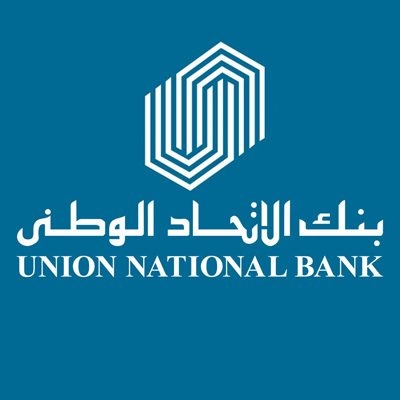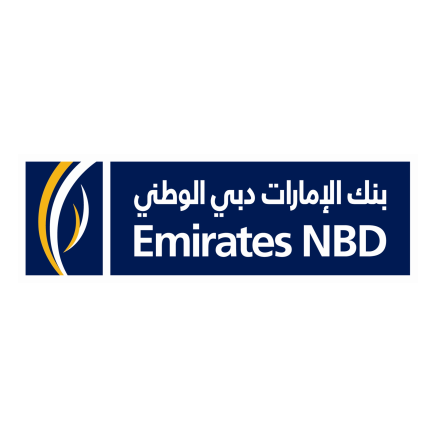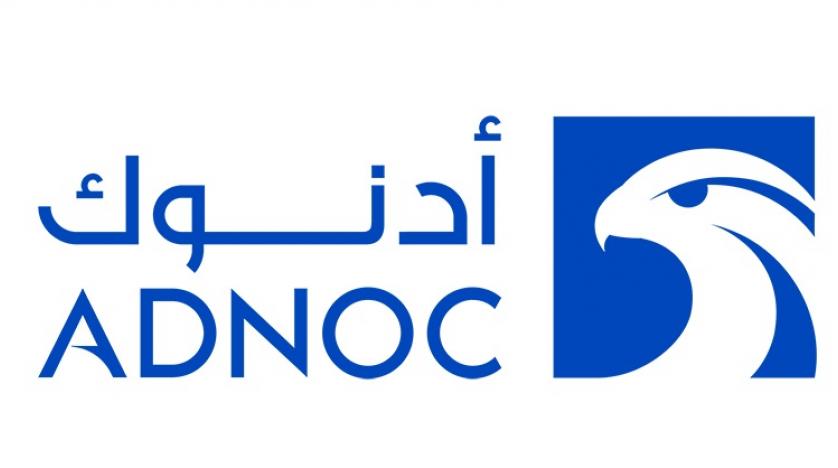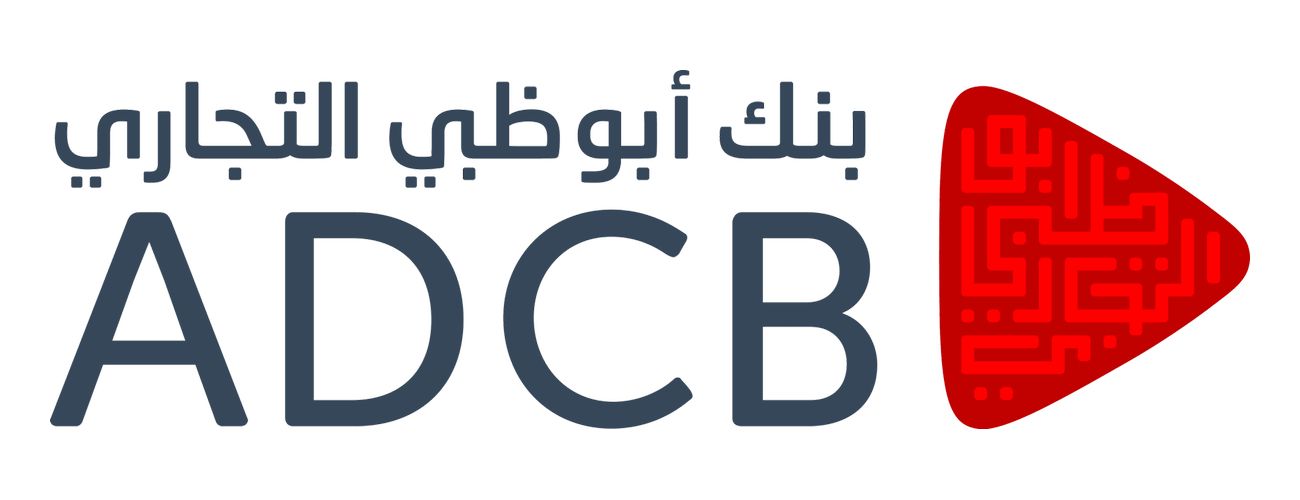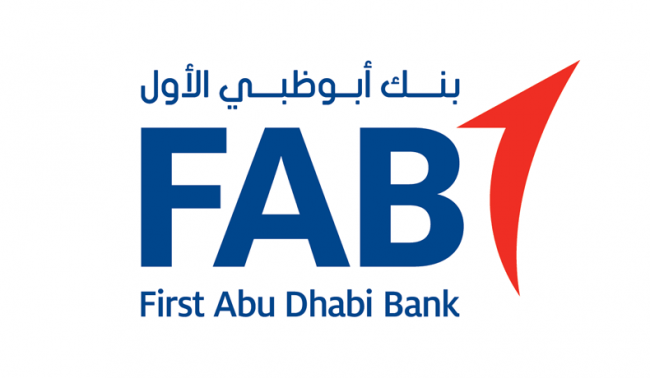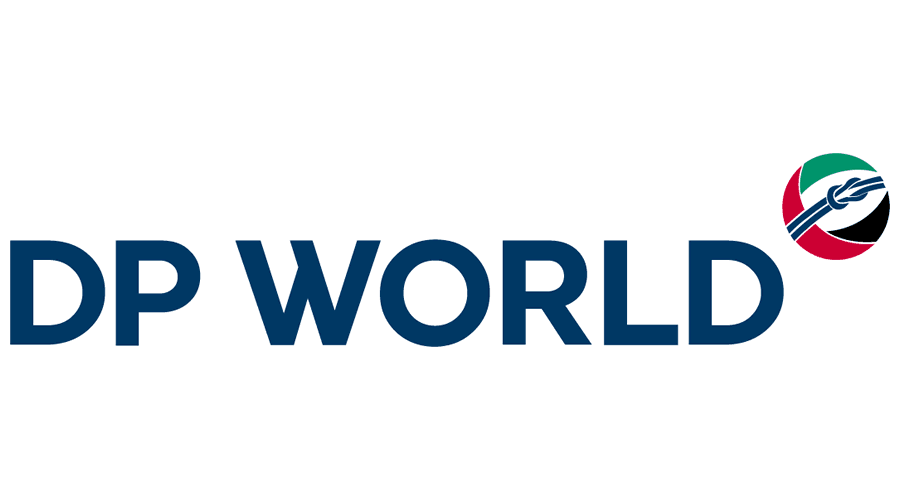This year, the International Coach Federation witnessed a rise of more than 46% in managers/leaders using coaching. And 97% of them have received coach-specific training. These numbers indicate the prominence of coaching among organizations and professionals. Many large companies are now blending coaching into their existing leadership development programs. Moreover, Executive Coaching has made a notable place among managers.
What is Executive Coaching?
To understand about Executive Coaching, first, let’s take a look at the definition of coaching. As per the International Coach Federation (ICF):
“Coaching is a partnership with clients in a thought-provoking and creative process that inspires them to maximize their personal and professional potential.”
Coaching is a client-driven process distinct from other service professions, such as counseling, mentoring, consulting, and training.
Executive Coaching is perceived differently by diverse people. But, for the most part, the roles of Executive Coach is changing. Executive coaching helps top executives, managers, and other distinguished leaders perform, learn, stay balanced.
With Executive Coaching, these professionals can effectively guide their teams to reach desired goals and exceed individual and organizational expectations. Executive Coaches enables leaders to unlock and unleash their full potential, so they bring greater value and resources to the people and entities they work for.
The Benefits of Executive Coaching
An executive coach supports organizations in developing a positive culture, driving self-awareness, and engagement within employees. Executive coaches can be pivotal in establishing a learning and high performing environment. Coaching helps business leaders to achieve the best. Here are a few of the key benefits of executive coaching:
Enhanced productivity:
Executive coaching supports leaders to deliver impactful performance for business growth. An executive coach can help business leaders to identify and act on their blind spots to improve their personal and professional interaction with all business partners and team members.
Better Leadership Ability:
Coaching brings awareness among teams towards improved collective performances. An executive coach helps business leaders to enhance their competencies. Plus, they help them take ownership to lead from the front and set the tone for their teams.
Improve the existing organizational culture:
There is no better way than a certified coaching program to improve your organizational culture. Organizational culture plays a vital role in increasing employee engagement and retention.
Improved ownership and accountability:
Executive coaches encourage business leaders to take ownership of their decisions. It also helps you identify your strengths and weaknesses while taking on different challenges. It empowers the business leaders to lead with confidence and clarity. Coaching also helps the team think from different perspectives to easily and quickly achieve their target.
Improved interpersonal skills, communication, and behavior strategy:
Executive coaching programs improve the interpersonal skills, communication methodologies, behavioral strategies, and social understanding for a better presentation of the ideas and goals. It helps business leaders to develop successful relationships with other business partners. This helps them take their business forward with positive intent.
Conclusion
Coaching helps organizations to improve their management process for better productivity. As a business owner, you can hire executive coaches as per your organizational requirements. Help your leaders and people in professional development by investing in the best Executive Coaching program.
Team Transformation provides ICF Accredited Executive Coaching Program for executives, trainers, and mid-level managers. We offer certified coach-specific training to help you transition to successful coaches. Contact us to know more about our coaching services and programs.
